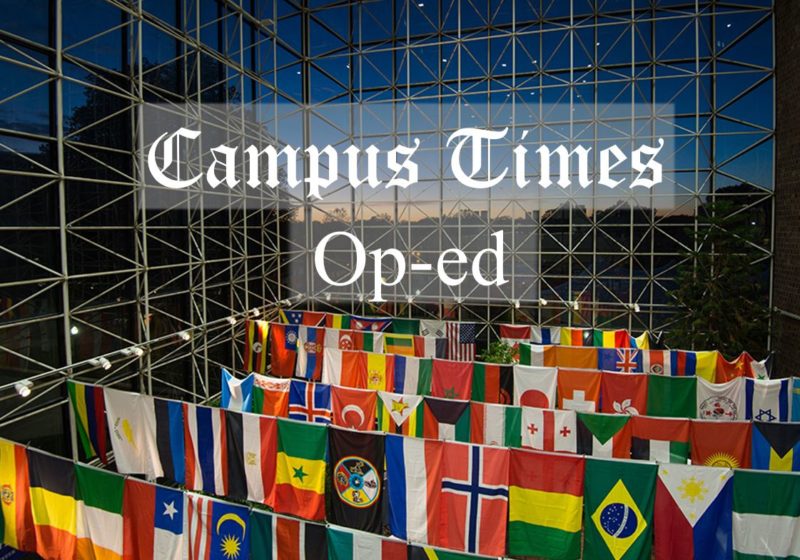It seems that everyone goes to college now, whether or not they find themselves interested in studying something long term.
Even though I know there are different ways to be intelligent, I struggle due to society’s influence, which maintains that intelligence is quantifiable, and worse, that academic intelligence is the one and only intelligence.
I am victim to believing that academic intelligence defines me, and that I should quantify my own intellect off my academic performance, but I disagree. We should split up intelligence, not solely for the sake of people’s self esteem when considering their own intellect, but to avoid the assumptions that there is only one intelligence and that we are able to quantify it.
Where do IQ tests come into play when one considers intelligence? Do they fall closest to priority when considering this unquantifiable concept? Intelligence simply cannot be reduced to an IQ test, which are not effective. While designed to measure “intelligence,” all they measure are biological developments that can change as one grows. In fact, there are many with low IQ scores that are intelligent.
There are many factors that can indicate an intelligent being. There is academic intelligence, emotional intelligence, and intelligence in relation to the real world, or “street smarts.” I have come to define intelligence as the open-mindedness and self-awareness one carries in their development.
For instance, if a student realizes that they haven’t studied appropriately for an exam and was, say, distracting themselves by sitting with friends, intelligence would be their ability to acknowledge that, and then make revisions to their study habits accordingly. Specifically, this is emotional intelligence.
Emotional intelligence should be the ideal quantitative category of intelligence, even if one can succeed without it. Emotional intelligence is intelligence that fosters self-awareness, self-reflection, and drive to improve as a being.
Many can perform well on an IQ test, or even be a functioning member of society without a great sense of emotional intelligence. Where does knowledge that was learned and grasped in a classroom setting get someone? How will they improve as a person, learn how to mentally grow?
All of life is communicatory — we cannot function without forming relationships and communication. This proves that being aware of oneself and reflecting in order to further better communication skills is a testament to intelligence. Where would you be if you were a terrible communicator, unaware, and unwilling to improve, but academically thriving?
I can attest to the fact that I’d much rather struggle academically than emotionally. I know the struggle of both, but improving my self-awareness and striving for more has definitely helped me within both categories of intelligence.
Emotional intelligence is an intelligence which surpasses those who are hard-headed. Those who maintain academic intelligence may still be a bit obtuse and unaware of themselves. Hard-headedness is a barrier towards communication. Even as a college student, there are certain skills such as teamwork and communication that require awareness and an open mind in order to further the growth one is working on or revising.
So there is academic intelligence, emotional intelligence, and worldly intelligence. Academia is not only portrayed and taught unfairly, it is not even close to what intelligence is if you were to quantify it. It boils down to what you value. I know, from experience, that emotional intelligence is what I value.
If you want to strive for mental growth, and maintain self-awareness through self-reflection, you can apply that to any intelligence category.





